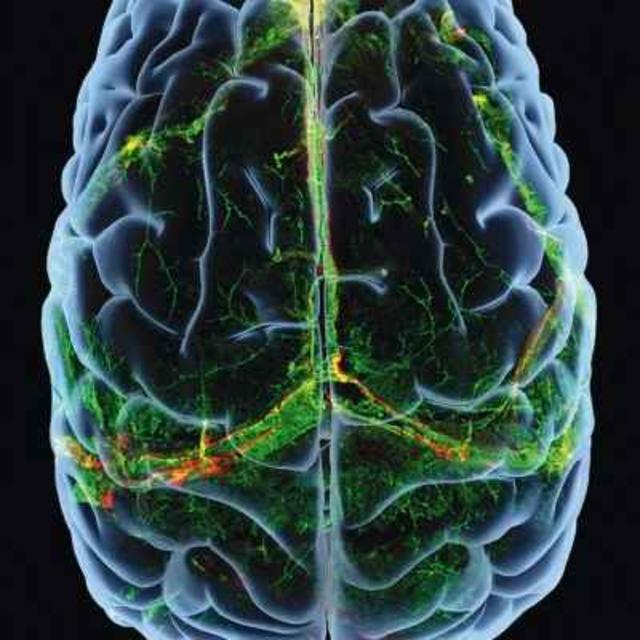
Beta-Adrenoceptor Blockade in the Basolateral Amygdala, But Not the Medial Prefrontal Cortex, Rescues the Immediate Extinction Deficit
Jul 13, 2017•9 min
Episode description
One method of treating Post-traumatic stress disorder (PTSD) involves extinction therapy, but researchers have found that the timing of such therapy is extremely important, and that it often doesn't work if the therapy is conducted too soon after the initial trauma. Stress itself may be harming the efficacy of the treatment. A team of researchers at Texas A&M University conducted research to determine whether there was a way to dampen stress and make extinction therapy more effective by using pharmaceuticals. The results were published in a recent issue of the journal Neuropsychopharmacology. Listen to the latest podcast to hear about this study from researchers Stephen Maren and Tom Giustino!
Hosted on Acast. See acast.com/privacy for more information.
For the best experience, listen in Metacast app for iOS or Android
Open in Metacast